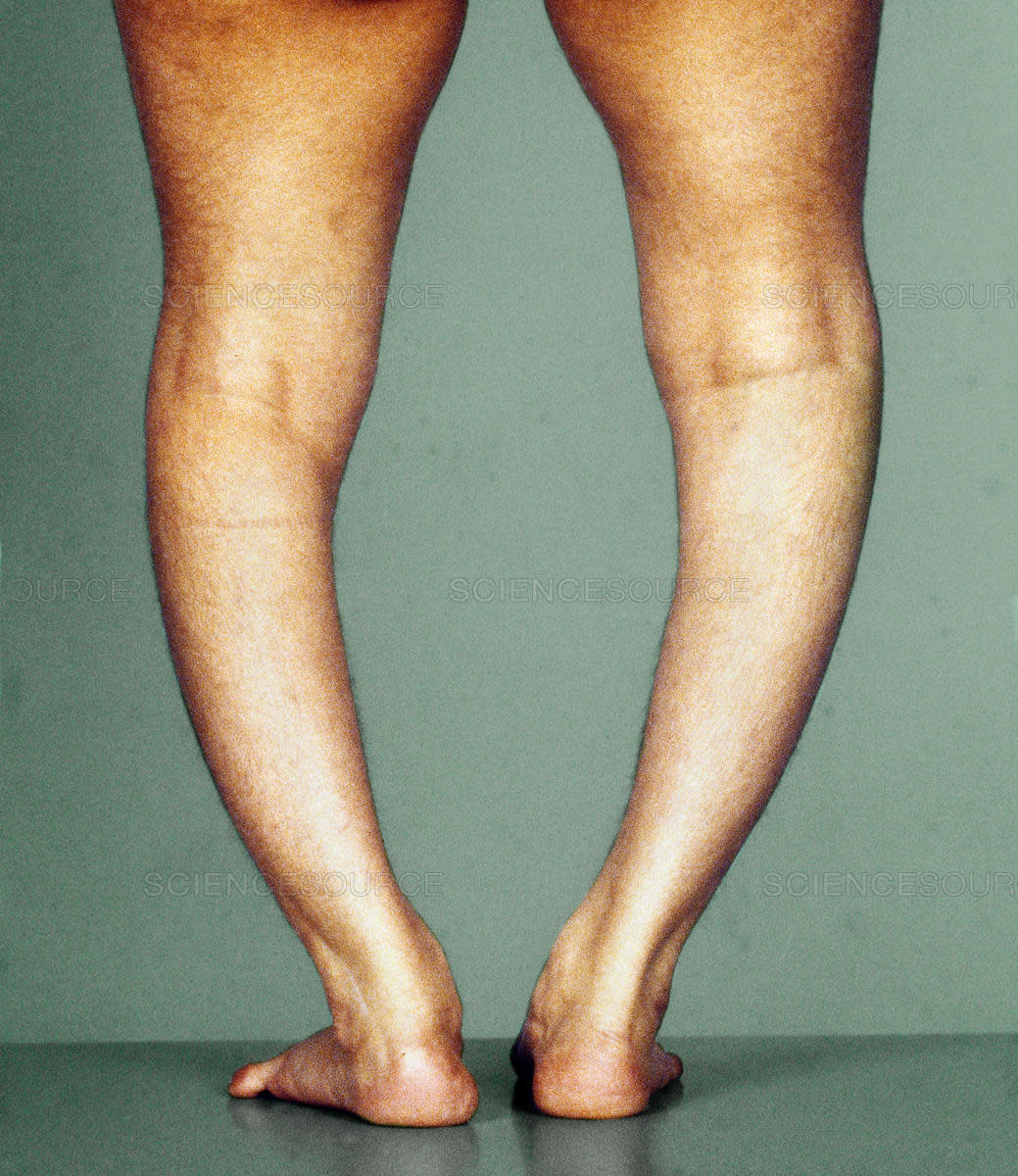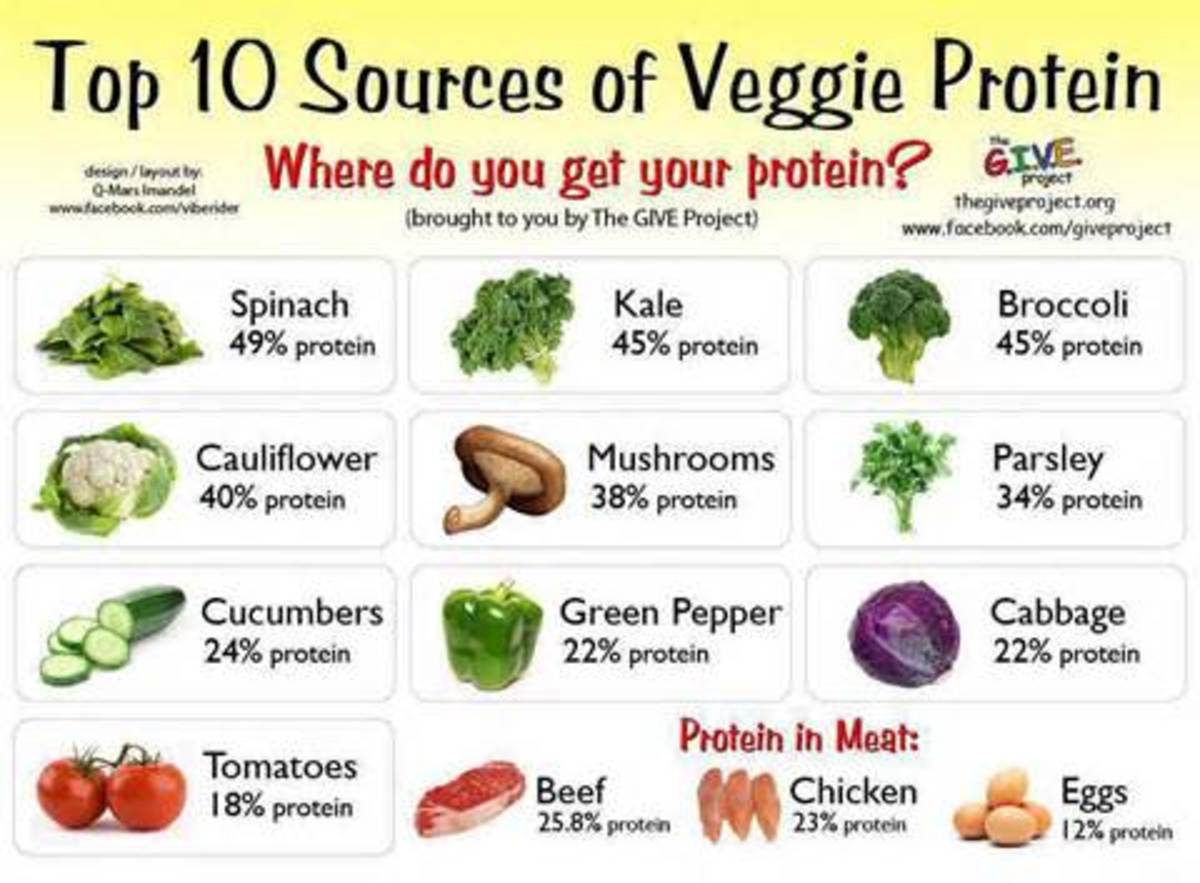The Risk of Taking Too Much Calcium Supplement
Taking extra calcium in the form of supplements may seem the obvious way to combat a calcium deficiency. The sale of calcium supplements has increased dramatically since 1983, as middle-aged women seek to prevent or stop bone loss due to osteoporosis. However, I believe that studies have failed to support the hypothesis that large amounts of calcium are associated with increased bone density or a decreased incidence of fracture. Instead, they may actually help cause osteoporosis by upsetting the mineral relationships and therefore the body chemistry.
Some researchers believe that the calcium you take as an adult has little to do with whether you will get osteoporosis or not. Dr. B. Lawrence Riggs of the Mayo Clinic studied 107 women who were twenty-three to eight-eight years old. They were studied for over four years. During that time, Riggs and his associates repeatedly measured their bone density.
The women consumed from 269 to 2,000 milligrams of calcium a day, and the daily intake of calcium was steady for each woman throughout the study period. The results showed that there was no correlation at all between calcium intake and bone loss, not even a trend. Even when Riggs took into account age, menopause status, and serum estrogen levels, there was no correlation.
Furthermore, Riggs found that the women in the upper quartile of calcium intake (those consuming more than 1,400 milligrams of calcium each day) had the same amount of bone loss as those in the lower quartile (those consuming less than 500 milligrams a day).
Dr. Richard Mazess, of the University of Wisconsin, believes that there is an abundance of data showing that calcium intake in a population is unrelated to bone density. He points to quite a few population studies, including those done in the United States, the Netherlands, and Switzerland, which show that those who consumed the most calcium had no denser bones than those who consumed the least, taking into consideration body size and ethnic group.
Calcium supplements, therefore, do very little good, and they can do a great deal of harm. Supplements can have an adverse effect on the body's mineral relationships. One of the potential dangers in taking calcium supplements lies in the fact that excess calcium can be redistributed to deposit in soft tissues, causing arthritis, arteriosclerosis, kidney stones, and other problems.
Research from Tufts University on twenty-four healthy post-menopausal women showed that when 500 milligrams of elemental calcium, in the form of calcium carbonate, was added to the meal, iron retention was decreased to 45 percent in the control group that took no extra calcium with the meal. Many women sit on the border of an iron deficiency much of their lives. Women need to absorb and metabolize all of the iron they consume.
Fatigue is a common symptom of iron deficiency. Blood tests showing a low-normal iron and a low-normal red blood cell count are prevalent in many women. I believe that if those researchers had studied other minerals, they would have found some of those deficient also, because all minerals work in relation to one another. It has been suggested that calcium supplements should be taken with meals to insure better absorption, but this practice may actually decrease iron absorption.
Other studies show that taking excess calcium can deplete the magnesium in the body, just as taking excess magnesium can deplete the body's supply of calcium. A patient was admitted to a hospital complaining of malaise (a fatigued, rundown feeling) and stomach discomfort. Blood examination showed a very elevated magnesium level and very little calcium. When questioned, the man revealed that he had ingested large amounts of magnesium carbonate, in the form of an antacid, in an attempt to relieve his "indigestion."
Even though you may be getting sufficient quantities of calcium, if you take too much of another mineral, the calcium can become depleted. The opposite also holds true. If you take excess quantities of calcium, you can deplete other minerals in your body.
It is probably a good idea to take a vitamin and mineral supplement, but in a form that contains no sugar, wheat, dairy, fillers, food coloring, or carnuba wax. A hypo-aller-genic pill from a health food store should do the trick, but taking extra calcium is questionable.
As long as you are upsetting your body chemistry, it doesn't matter how many supplements you ingest. If you take these supplements while eating a donut, the donut will so upset the body chemistry that the vitamins and minerals contained in the supplement will not be absorbed well. In fact, they can become toxic. Once again, the answer does not lie in miracle pills or supplements, but in returning the body to homeostasis.
- Causes and Symptoms of Osteoporosis
Osteoporosis is an American epidemic! Just consider these statistics: In the United States, among people 60 years old, 35 percent of the women and 10 percent of the men have osteoporosis. By 70 years... - How to Determine an Ideal Weight
Even doctors who specialize in weight and eating have a hard time determining the ideal weight for individuals in their care. This difficulty does not stem from lack of knowledge, but from an understanding...








